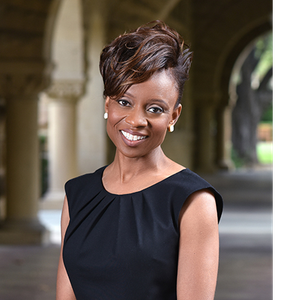
A study published in The Yale Law Journal provides new evidence that, as public opinion continues to shift away from the death penalty, juries empaneled in capital cases may become even less representative of the community and even more prone to convict. The study—conducted by Professors Brandon Garrett (University of Virginia), Daniel Krauss (Claremont-McKenna College), and Nicholas Scurich (University of California Irvine)—found that with increased public opposition to the death penalty, more prospective jurors may be excluded from serving on capital juries because of their views against the death penalty. The researchers surveyed people reporting for jury duty in Orange County, California about their views on the death penalty itself and on the impact of the rarity of executions in California. Orange County is one of the ten most prolific death-sentencing counties in the United States and was one of just 16 U.S. counties that imposed five or more death sentences from 2010 to 2015. But despite those facts, about one-third (32%) of those surveyed said they would automatically vote for life without parole in the sentencing phase of a death penalty case. This view would make them excludable from a capital jury in a process known as death qualification, a result that the authors said, “raises new constitutional questions concerning [death qualification’s] effect on the ability to secure a fair cross-section of the community in the jury venire.” The researchers also found that nearly one in four jurors (24%) said that, as a result of their concerns about the death penalty, they would “refuse to vote for murder in the first degree merely to avoid reaching the death penalty issue.” These so-called “nullifiers” would also be excludable from the jury, producing a jury that would be more prone than the overall population to find the defendant guilty. But at the same time that death qualification “excludes far higher percentages of the population than ever before,” the researchers found that it “also has become an even less predictable prosecution tool, because even many stated death penalty proponents now harbor serious doubts about the death penalty.” Finally, researchers asked the jurors whether the fact that California has not carried out an execution since 2006 would make them more likely or less likely to impose a death sentence. 67% of those surveyed said it made them less likely to vote for death. The authors urge further research into jury attitudes about the death penalty and conclude, “These findings have implications for how we should think about punishment as well as the Eighth Amendment in the area of the death penalty, but also far more broadly. Perhaps unusual punishments appear cruel or unsupported due to their rarity in practice.”
(B Garrett, D. Krauss, and N. Scurich, “Capital Jurors in an Era of Death Penalty Decline,” Yale Law Journal Vol. 126, March 6, 2017.) See Studies and Public Opinion.




